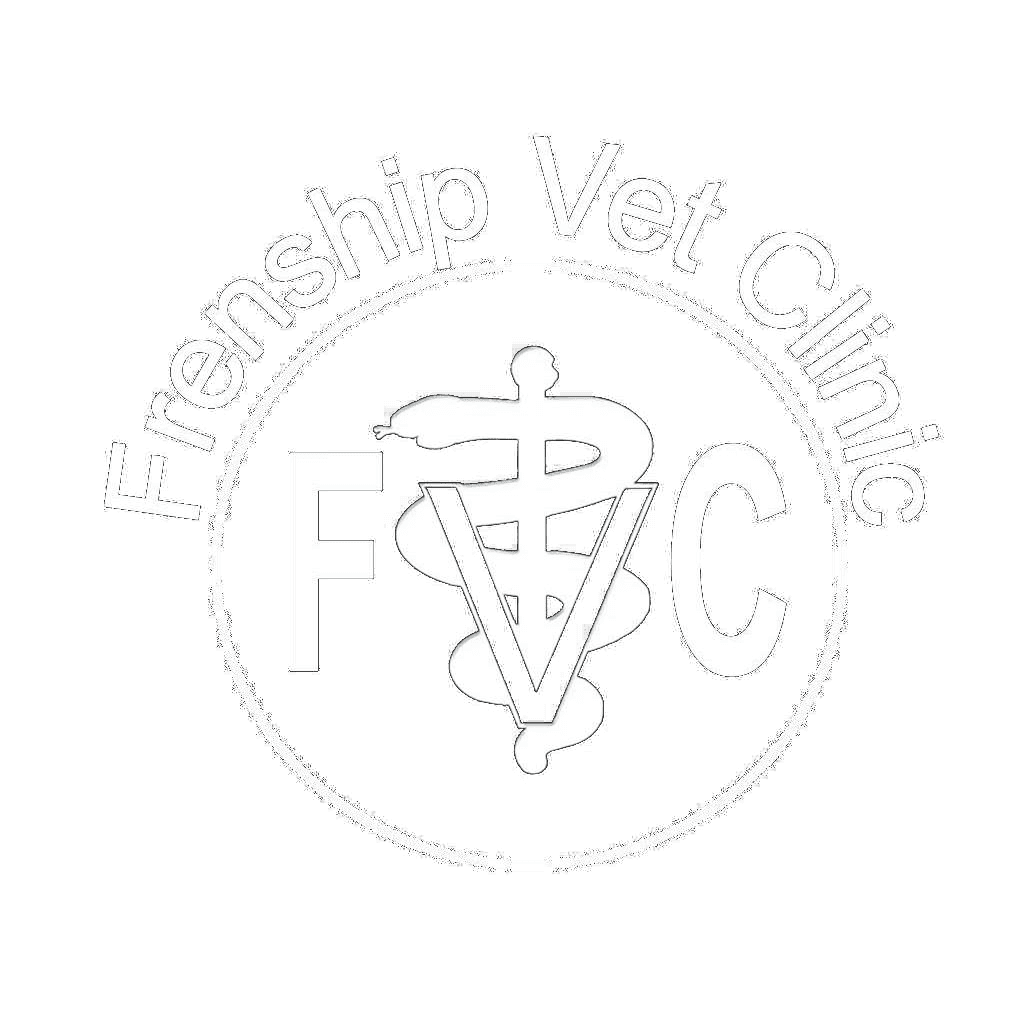A little extra weight on your pet might not seem like a big deal, but those extra pounds can carry serious health consequences. Obesity in pets is directly linked to the development and progression of several chronic illnesses. As we recognize National Pet Obesity Awareness Day this October, Frenship Vet Clinic is reminding pet owners that weight and wellness go hand in hand.
How Obesity Impacts Your Pet’s Long-Term Health
Carrying excess weight puts significant strain on your pet’s body, increasing their risk for chronic conditions that may require lifelong management. Some of these health conditions can begin silently and progress quickly without early intervention.
- Diabetes: Overweight pets are much more likely to develop diabetes, a condition that requires daily monitoring and treatment.
- Arthritis and Joint Pain: Extra weight places stress on your pet’s joints, accelerating the wear and tear that leads to inflammation and limited mobility.
- Heart and Respiratory Issues: Obesity makes it harder for the heart and lungs to function efficiently, especially during physical activity or in hot weather.
- High Blood Pressure (Hypertension): Excess fat tissue can interfere with normal circulation, increasing the risk of hypertension.
- Shortened Lifespan: Overweight pets tend to live shorter lives with a lower quality of life.
How Do I Know If My Cat or Dog is Obese?
An obese or overweight pet should be officially diagnosed by a veterinarian, but there are some signs, such as visibly putting on weight, a decrease in activity, and heavy breathing. You can try using a Body Conditioning Scoring chart, which is something that veterinarians themselves often use to judge a pet’s body weight. The World Small Animal Veterinary Association has these charts for dogs and for cats that are an owner-friendly version of the 9-point system. If your pet is in the “Over Ideal” category, then you should schedule a vet visit to discuss weight management.
What You Can Do to Keep Your Pet at a Healthy Weight
Knowing your pet’s current weight and ideal body condition is the first step. Ask about proper nutrition and weight for your pet during their annual visit or schedule a nutrition consultation. Bringing in your pet yearly to the vet means that your animal companion’s weight is being tracked, so the vet can more easily identify if your pet is gaining weight over time.
At home, daily walks, playtime with toys, or food puzzle games can all be a part of keeping your pet at a healthy weight. Are you measuring your pet’s meals? Accounting for treats? Feed based on your pet’s current needs, not whatever the bag says.
Weight Management for Pets in Wolfforth, TX
Obesity influences every system in pets’ bodies. By taking proactive steps now, you can prevent costly chronic illnesses later related to weight. Frenship Vet Clinic has nutrition and weight counseling in Wolfforth for pets from Lubbock, Shallowater, Wolfforth, and neighboring Texas areas. If you are concerned about your pet’s weight, schedule an appointment at our veterinary clinic.





